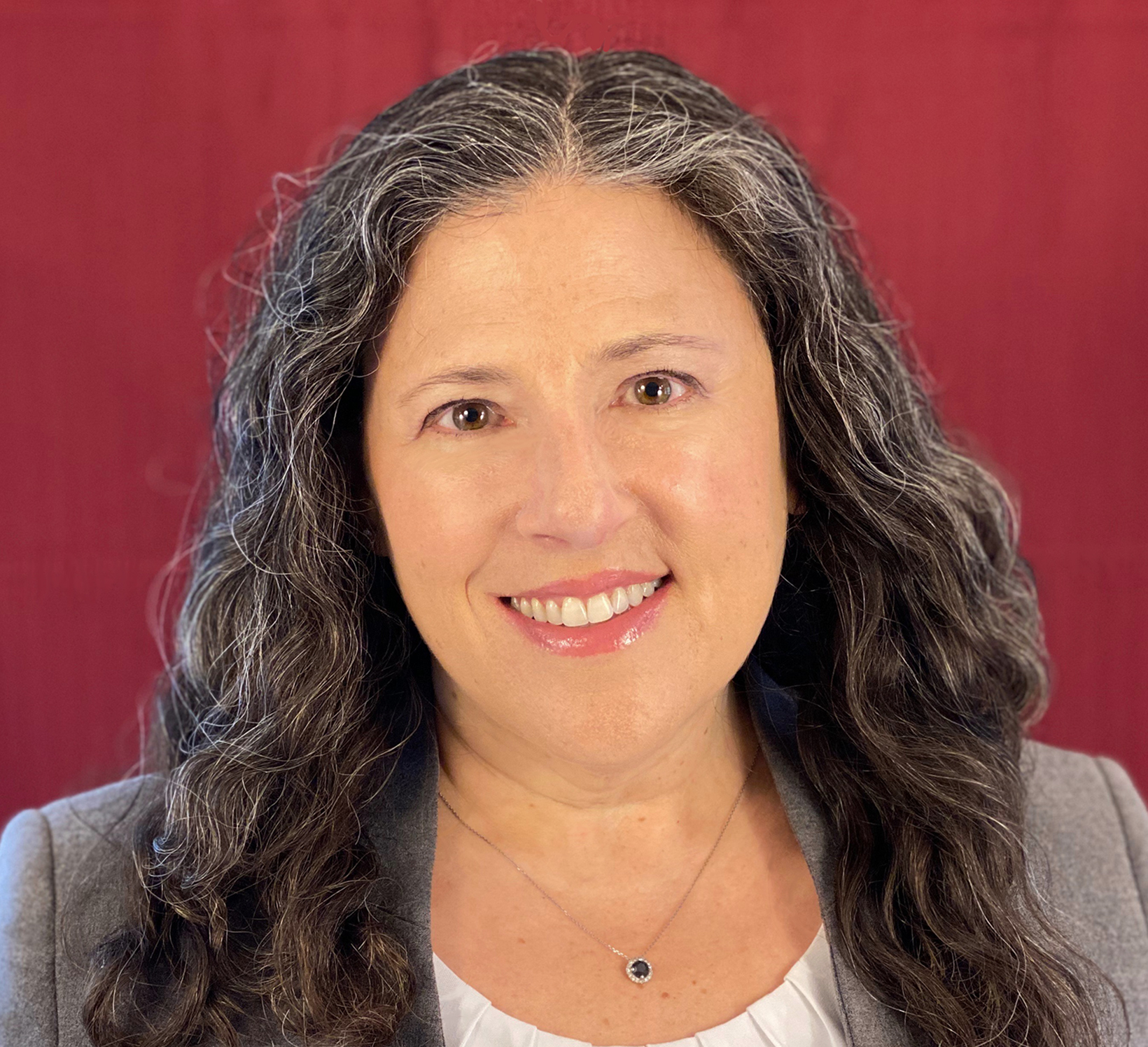Radiologists are the Imaging Experts
By Schwartz ES

Sometimes, physicians react negatively when we reach out to discuss a study request. They, and our electronic medical record systems, consider these “orders.” But, in reality, they are requesting a consultation regarding how to answer their diagnostic question accurately. For some folks, however, it’s just “I want this because I want it. Don’t question me.” Surely many fellow radiolo- gists can relate.
I know of a radiologist who is fond of responding to approaches like this with, “It’s not ’you want fries with that?’” This is their not-so-subtle reminder that our department is not some fast-food drive-thru and that we are not here to supersize their “order.”
They may not always be willing to acknowledge it, but healthcare professionals seeking an imaging study for their patient—especially a cross-sectional or invasive diagnostic exam—are consulting with fellow medical specialists in their own right, with a level of expertise in medical imaging that surpasses that of their own.
And these study requests—a more accurate characterization—require us as radiologists to analyze the question(s) the study is expected to answer, which in turn requires us to have enough information to make that determination. This, in turn, requires the requestor to obtain a detailed history, perform a thorough physical examination, generate a hypothesis, consider which imaging exam(s) will support or refute their hypothesis, and document it all in the medical record.
At least, that’s how it should be. It used to be that way back when physicians actually had time to see their patients, think about what might be wrong with them, and make a diagnosis based on the patient’s history, clinical exam, labs, and radiology results.
Of course, there were fewer imaging modalities to choose from in those days, but radiologists had much less access to medical records. There were also no pre-authorization hoops to jump through, and study volumes were far more manageable, as Doug Phillips so eloquently describes in this issue’s “Wet Read” column.
It is understandable that healthcare professionals feeling rushed, burned out, and overwhelmed these days might jump to the first study they think might help their patient, or whatever they think insurance will “approve,” but that does not make it right.
In 1735, Benjamin Franklin famously wrote, “An ounce of prevention is worth a pound of cure.” Franklin was referencing house-fires and the importance of keeping one’s home from burning down in the first place. The same logic applies to our specialty. We radiologists are the ones who best know how to keep patients from having to undergo the wrong and/or additional imaging they could avoid if we were only consulted in the first place.
So, the next time someone argues with me when I’m reaching out to discuss a study request, I’ll take a deep breath and remind myself—and them—that we are all in this together for the service of our patients. I’ll also remind them that the best patient care comes from collaboration and mutual respect, and (try to) convince them to request the optimal study.
Is it more time consuming than simply handing over just what the doctor ordered? Absolutely. But it’s far better for our patients and the entire healthcare system.
